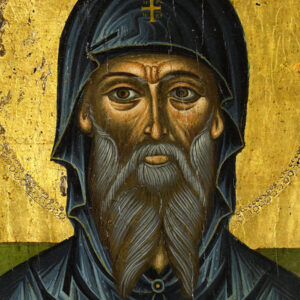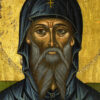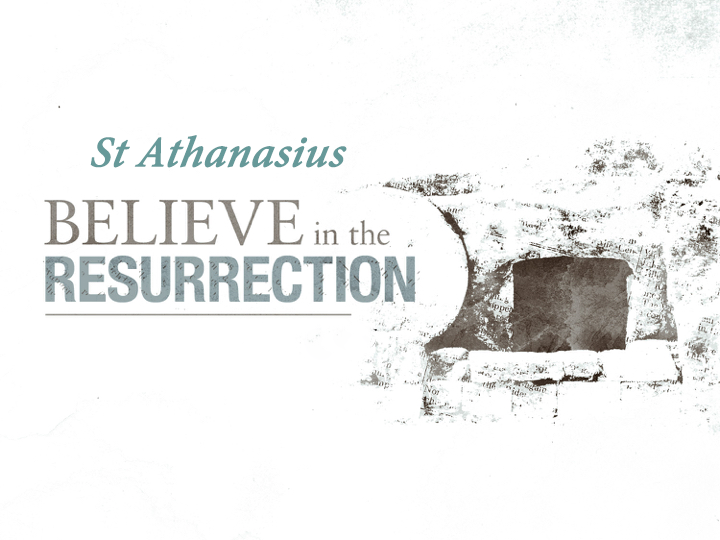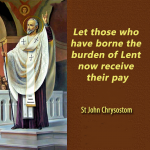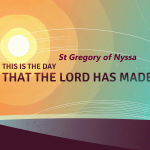“What has been said so far is no small proof that death has been destroyed and that the Lordly cross is the trophy over it. For those having sound mental sight, the proof of the resurrection of the now immortal body effected by Christ, the common Savior of all and true Life, is clearer through …
“What has been said so far is no small proof that death has been destroyed and that the Lordly cross is the trophy over it. For those having sound mental sight, the proof of the resurrection of the now immortal body effected by Christ, the common Savior of all and true Life, is clearer through visible facts than through arguments. For if death has been destroyed, as the argument has shown, and all trample it down on account of the Lord, all the more did he first trample it down in his own body and destroy it. Death having been put to death by him, what else should happen than that the body should rise and be shown as the trophy over it? Or how else could death be shown to be destroyed, unless the Lordly body had arisen? If this proof of his resurrection is not sufficient for anyone, let him believe what is said from what takes place before his eyes. If anyone is dead, he cannot act, for the gift lasts only until the grave and thereafter ceases; deeds and actions towards other human beings only belong to the living: let him who will, see and judge, confessing the truth from the visible facts. For since the Savior works so many things among human beings, and daily in every place invisibly persuades such a great multitude, both from those who dwell in Greece and in the foreign lands, to turn to his faith and to obey his teaching, would anyone still have doubt in their mind whether the resurrection has been accomplished by the Savior, and whether Christ is alive, or rather is himself the Life? Is it like a dead man to prick the minds of human beings so that they deny their father’s laws and revere the teaching of Christ? Or how, if he is not acting — for this is a property of one dead — does he stop those active and alive so that the adulterer no longer commits adultery, the murderer no longer murders, the unjust no longer grasps greedily, and the impious is henceforth pious? How, if he is not risen but dead, does he stop and drive out and cast down those false gods said by unbelievers to be alive and the demons they worship? For where Christ and his faith are named, there all idolatry is purged away, every deceit of demons refuted, and no demon endures the name but fleeing, only hearing it, disappears. This is not the work of one dead, but of one alive, and especially of God . . . For if it is true that the dead can effect nothing, but the Savior effects such great things every day — drawing to piety, persuading to virtue, teaching about immortality, leading to a desire for heavenly things, revealing the knowledge of the Father, inspiring power against death, showing himself to each, and purging away the godlessness of idols . . . who then would one say is dead? The Christ effecting such things? But it is not a property of one dead to be active.”
Join Us: Sign Up Today!
Tags:
